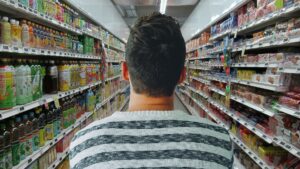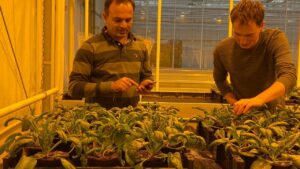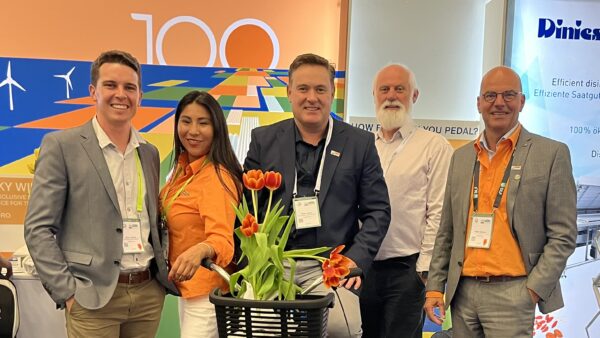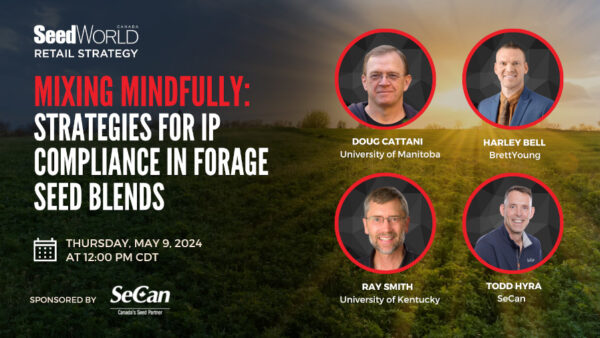I nformation and communications technologies (ICT) have had a great effect on the world, and will continue to do so. Bioinformatics will, increasingly, change the good old art of plant breeding. Genomic prediction and genomic selection, combined with an ever-increasing knowledge of the plant, its environment and end-users’ wishes, will continue to make breeding more effective and fast. These are great opportunities for our sector. But there are more effects of the ICT revolution many of us seem less prepared for.
For a long time, breeders’ customers were farmers, and breeding concentrated primarily on their needs: yields, resistance to pests and diseases, and now drought and salt tolerance. And, of course, the industry gained attention from starch and oil composition to transportability of fresh products. We have started to look deeper into value chains. We are also increasingly focused on the consumer these days—the end user of the products that we make—from appropriate cauliflower head size for increasingly smaller families, non-leaking tomatoes, and snack peppers and cucumbers for our kids’ lunch boxes. Convenience has become an important breeding objective.
Seedsmen have been invisible to the man in the street (please excuse my inadvertent gender bias). Food comes from the supermarket, and the more knowledgeable consumer knows it is produced by farmers. Hardly anybody bothers about the supplier of the farmer. But that may be changing, so we have to prepare ourselves.
The world is quickly becoming smaller as a result of the same ICT revolution we embrace in our breeding programmes. Both information and disinformation is travelling at the speed of light. Combine this with the fact that we are not just looking at our farmer-customers, but also at the chain of customers behind them: we have become more visible over the past few years. Is that good? Yes, because we are proud of our products, we want the credit from society we deserve, and we want politics to take our sector further, instead of blocking it. Is it bad? Maybe, because it means we can be questioned in ways we have not been used to. Farmers put different questions to us than consumers—or those who claim to speak on behalf of consumers.
Some of these questions have come up over the last few decades, and the largest among us know exactly what they are, and they are not very different from questions put to powerful players in other sectors. However, other, more specific, questions are starting to reach us now.
Supermarkets have challenged suppliers for quite some time on all kinds of issues, from animal welfare to MRLs for crop protection chemicals. They even compete with each other on such issues. Calls are increasing—rightfully or not—from consumers who want to know which farmer has produced a particular steak or vegetable, and QR codes make it possible for such information to be accessible to consumers.
Now that suppliers of supermarkets are getting used to such demands, will suppliers further up the chain be next? We will also be questioned under the premise of ‘transparency’, ‘responsibility’ and ‘supporting consumers’ choices’. What if consumers become interested in the origins of the seeds from which their products were grown? Will this just create an enormous administrative hassle—and will the consumer want to pay for it? Or will it affect us in more strategic issues?
Can we sit back and wait until the winds change again, or should we discuss and determine ourselves which levels of transparency we may be able to proactively support without hurting companies’ strategic directions? Dylan’s prophecy ‘he who gets hurt will be he who gets stalled’ may indicate there are companies’ own strategic choices at stake. I’m sure it’s discussed in several board rooms, but I guess not all. We are proud of our products, so we should want to let the world know what they are and how we make them, even if not every single consumer will be impressed.
Editor’s Note: Niels Louwaars is the managing director of Plantum and also highly active on several boards in the seed and agriculture industry. The views expressed and questions asked are those of the author, not necessarily of Plantum and its members.













